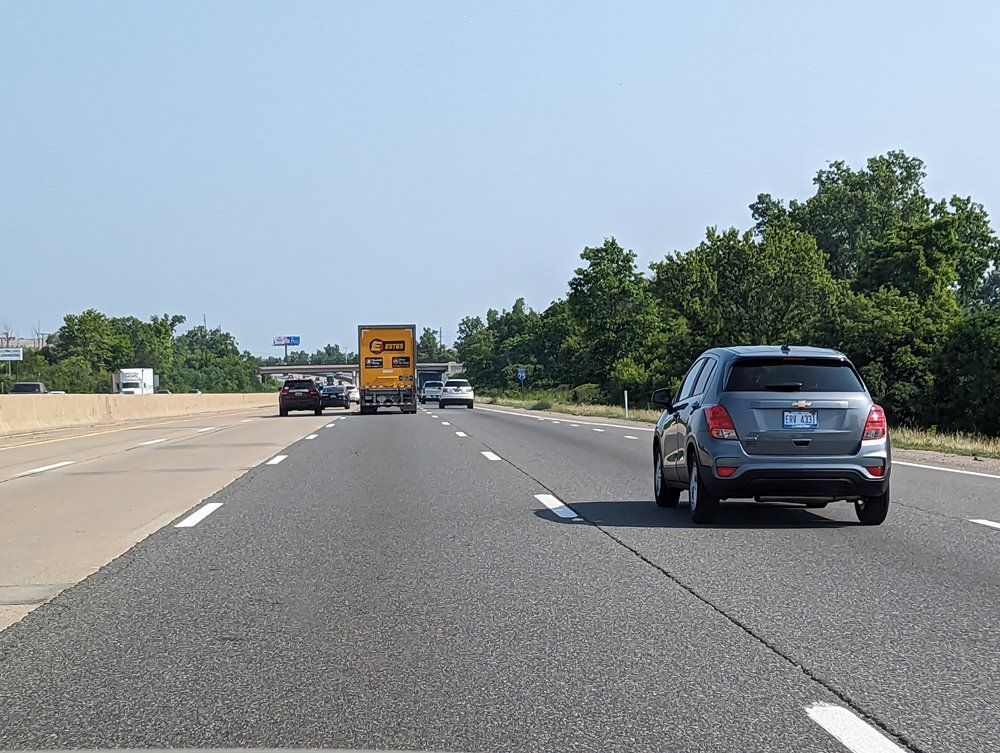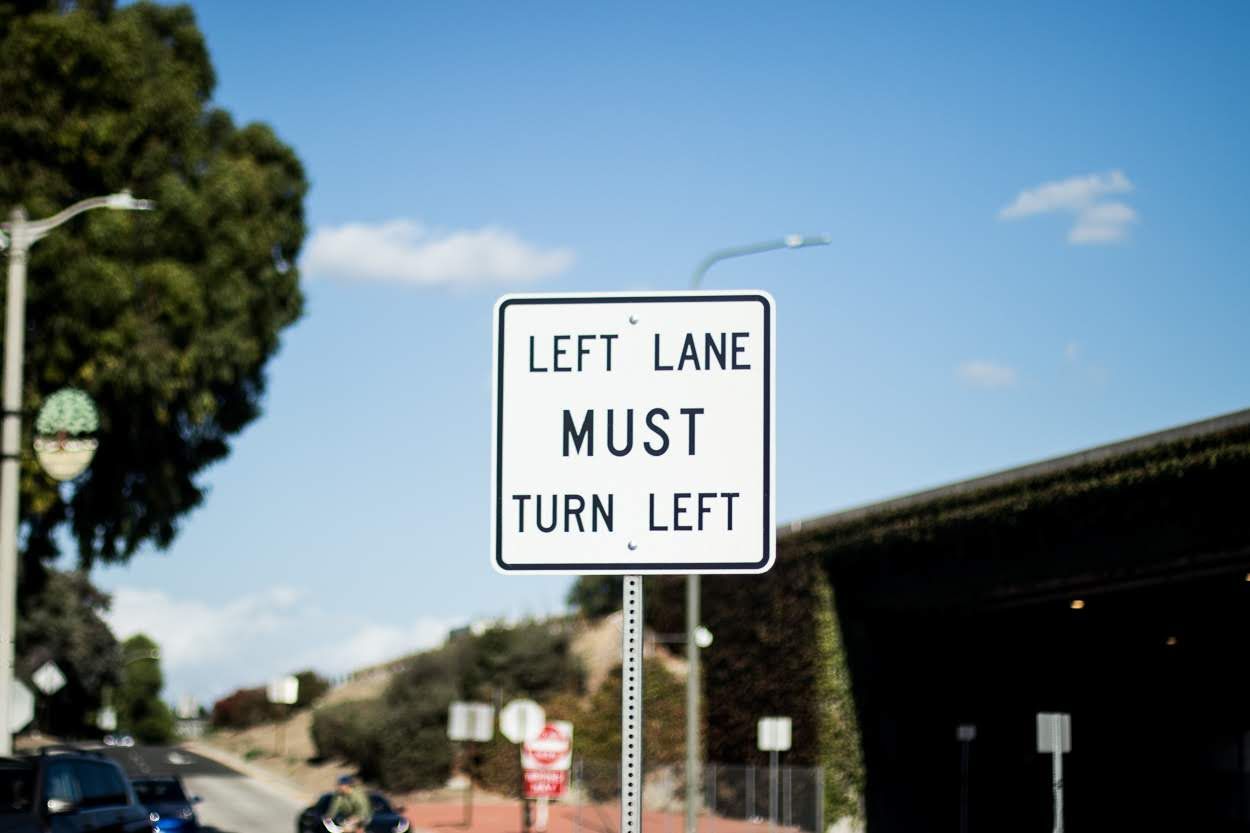I Guarantee a 24 Hour Response

What to Know Before Speaking to an Insurance Adjuster
A driver ran a red light and T-boned your car in the intersection. A texting driver sideswiped you while passing you on your bicycle. A loose handrail on the steps outside a restaurant gave way and you tumbled down the stairs.
Whatever happened, happened because someone else was negligent and you paid the price. You may feel anger, pain, or both. Perhaps before you get home from the emergency room, an insurance adjuster is calling, requesting an interview they want to record over the phone.
Regardless of the circumstances that led to your injuries, the insurance adjuster is not your friend, no matter how friendly they may sound on the phone. They are looking for any way they can avoid paying a claim and hope that you will provide them with ammunition they need to do so.
At The Paul Benson Law Firm, I represent injury victims like you in Janesville, Beloit, and throughout Rock County, Wisconsin. I begin by protecting them from insurance adjusters who do not want to compensate them for the damages they have suffered due to someone else’s negligence.
What is the Insurance Adjuster’s Job?
The insurance adjuster is charged with investigating the circumstances of an accident, assigning a value to the injuries and other damages suffered by the victim, and negotiating a settlement for as little compensation as possible.
What Should I Do if the Adjuster Asks Me for a Statement?
The adjuster will contact you as soon as possible to request a statement, hoping that you have not yet retained a personal injury attorney to represent you. The adjuster will be very pleasant and sympathetic when they call, wanting to put you at ease and make you believe they have your best interests at heart.
You should politely refuse to make a statement for three important reasons:
- The adjuster will use things you tell them against you while negotiating a settlement or even in court should you need to file a personal injury lawsuit against their insured. For example, if you say you aren’t in much pain, they will use that statement even if you later experience excruciating pain.
- The insurance company will use what you say to reduce their settlement offers. For example, if you are pursuing a car accident claim and say you were turning on your windshield wipers when their insured hit you, or you were wearing high heels while walking down the restaurant steps when asserting a premises liability claim, they will use that information to allege shared fault on your part.
- The adjuster will ask questions worded in a way to force you to contradict yourself. Asking essentially the same question in different ways is designed to reflect your answers as inconsistent and therefore, unreliable or untruthful.
If I Agree to a Statement, How Should I Respond?
If you choose to provide a statement without legal representation, there are some key steps you should take to protect yourself and your claim as much as possible:
- Ask the adjuster for their name, company name, telephone number, mailing and email addresses, and the claim number they have assigned your case. Write them down.
- The adjuster is required to ask you for permission to record your statement. Politely decline. They will then be required to use only their notes which can be called into question later if necessary.
- Do not ever admit any guilt or responsibility to the insurance company. The adjuster will try very diligently to get you to say that you were doing something that contributed to the incident.
- Do not answer any questions the adjuster asks if you do not know the answer. Simply respond that you “don’t know” or “don’t remember.”
- Resist the temptation to volunteer information the adjuster does not specifically ask for. If the question merits a reply of “yes” or “no” or “I don’t know,” do not embellish. Moreover, do not feel compelled to fill empty seconds of the interview with talking. Just remain silent.
- Keep your response as brief as possible, preferably by saying “yes,” “no,” or “I don’t know.”
- Do not sign anything the insurance company sends you for a signature, whether it is an interview transcript, an acknowledgment of receipt of correspondence or documents, or a settlement offer. Sign nothing unless you have had it reviewed by a personal injury lawyer and your lawyer has advised you to do so.
What Information Am I Required to Provide?
You are only required to provide your full name, telephone number, and address to the insurance adjuster. You can also advise them of your place of employment and your position there. You should avoid information about your recollection of events, your injuries, and other information.
You shouldn’t be hostile with the insurance adjuster, even if you are angry about the incident that caused your injuries or know the adjuster is attempting to solicit information to be used against you later. Be polite. Don’t explain yourself. Simply advise the adjuster that you are not willing to disclose other information at this time.
How Legal Counsel Can Help
The wisest move you can make if you believe you have a personal injury claim is to consult with a personal injury lawyer. Once you hire one, the insurance company is no longer allowed to communicate directly with you—only with your lawyer. With an attorney like me, one who has handled hundreds of personal injury claims filed with dozens of insurance companies, the insurance adjuster will know they cannot take advantage of you.
If you have been injured in Janesville, Beloit, or elsewhere in Rock County, Wisconsin, contact me to schedule a free case consultation. In the meantime, advise the insurance adjuster that you are consulting with an attorney and nothing more. Reach out to The Paul Benson Law Firm today.







